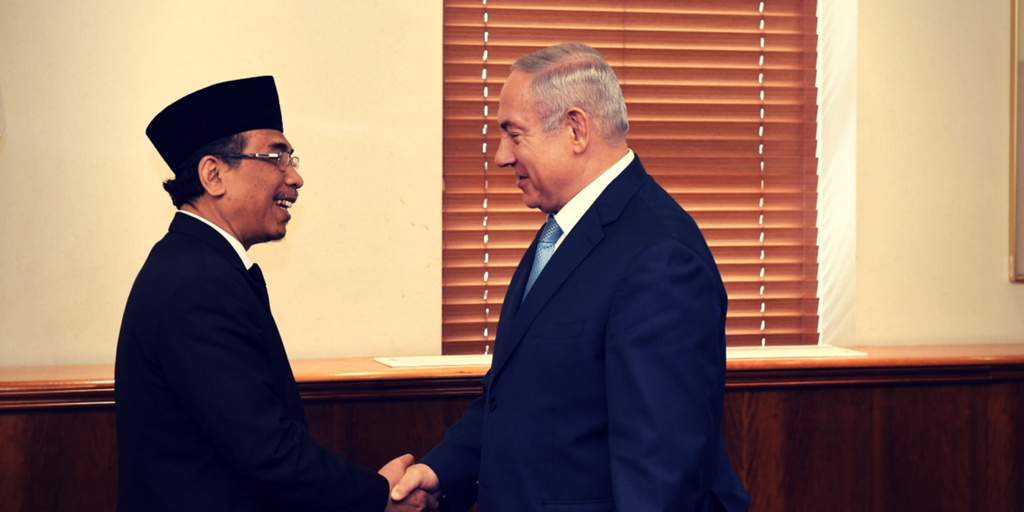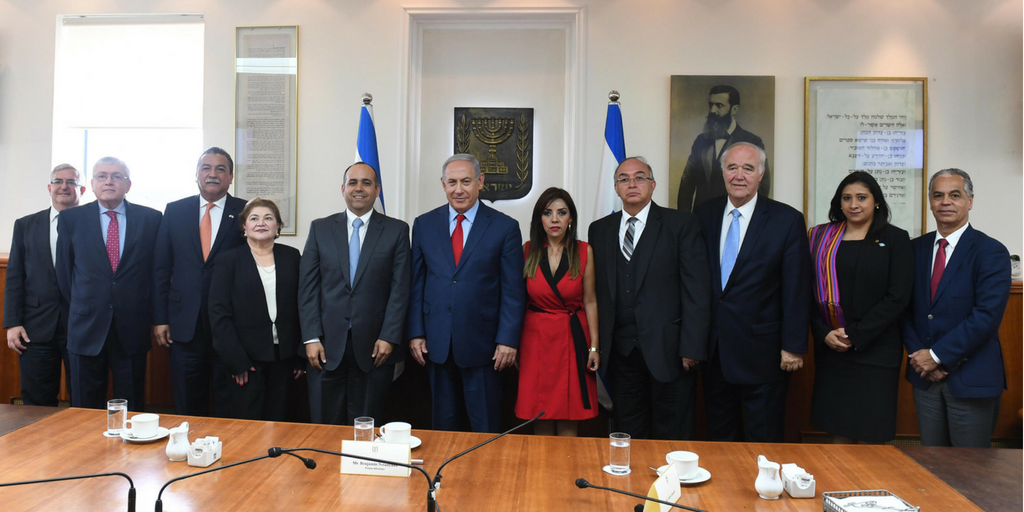New pilot program intended to promote companies that will impact the state of transportation in Israel and the world
The goal of Israel’s new pilot program in transportation is to help promote companies aimed at improving transportation and to develop Israel’s hi-tech industry through technological innovation in the field of traffic systems and transportation infrastructure.
Technological spheres within the pilot program include, among others: autonomous vehicles, electric vehicles, connected vehicles, ridesharing and carpooling models, monitoring technologies and processing of traffic data, innovative methods of operating transportation services, reducing traffic congestion and collisions, minimizing the use of oil and encouraging use of public transportation.
Other goals of the program include:
- Developing and implementing innovative technologies and paradigms that will improve the state of transportation and develop Israel’s world-leading innovation industry.
- Making transportation systems more efficient in Israel and around the world.
- Creating and growing sustainable companies in the field of transportation through the promotion of innovative technological solutions.
Israeli Minister of Transportation and Minister of Intelligence, Yisrael Katz, noted that:
“Creating pilot programs in an environment simulating real-world transportation conditions will allow Israeli startups to develop rapidly and penetrate markets more quickly. In addition, the project will improve the government’s regulatory capabilities and its ability to adapt to rapid developments. The Transportation Ministry will continue to spearhead the effort to make the State of Israel a hub of innovation for the future of transportation and smart technology. Technology is progressing by leaps and bounds, and it is our governmental duty to guide these advances from a regulatory standpoint so that they can be implemented as soon as possible.”
Israeli Minister of Economy and Industry, Eli Cohen, said:
“While Israel’s innovation ecosystem has become a global role model, this has yet to seep into Israel’s own transportation system, which will continue to face significant challenges for the near future. We believe that Israel’s transportation system needs a significant boost and by launching this pilot program, we are enabling the industry to open new avenues, and for startup companies in the transportation sector to grow and mature. This revolutionary program is an important step towards connecting the success of Israel’s hi-tech industry with the transportation industry. The program will enable companies to make significant progress developing solutions for commercialization by running tests in the pilot stage.”
In continuation of government resolution (No. 2316) regarding the establishment of a national program for smart transportation, the Israeli Ministry of Transportation, the Fuel Choices and Smart Mobility Initiative in the Prime Minister’s Office, and the Israel Innovation Authority are jointly launching this program to support technological innovation – in particular pilot programs for new technologies and new paradigms for transportation systems.
It will be the first time that the Israel Innovation Authority will be funding such pilot programs as part of its strategy to support comprehensive scaling of companies. The Ministry of Transportation will offer additional support by helping the companies with the regulatory requirements needed to carry out their pilots and by increasing access to new fields of activity – moves that will also enable the government to innovate its regulatory approach, to swiftly adapt to technological change, and to foster steady and balanced growth for startups as well as the Israeli economy.
The program is intended for Israeli tech companies in the field of transportation. They will receive financial support of 20%-50% for approved R&D expenses – with additional support of up to 75% of R&D expenses for projects which can demonstrate significant potential to streamline and improve transportation within Israel. The program will help offset the risks involved in R&D, without taking a stake in future profits. Companies will return their grants to the Israel Innovation Authority via royalties from sales only if an initiative has been commercialized.
Criteria for joining the program include: level of technological innovation and uniqueness of a pilot; level of difficulty and technological challenge; a company’s capabilities including management’s ability to lead a program to commercial success; the economic-business growth potential of a company if the pilot succeeds; the overall technological and vocational potential to the Israeli economy; the overall effect a project can have on improving transportation in Israel and making it more efficient – in particular, reducing traffic congestion and collisions, reducing oil dependence and encouraging a transition to public transportation; level of regulatory viability in implementing a proposal; quality of the pilot program – including the level of the test site and the synergy between the company and the site; and the pilot program’s potential benefits to the company itself in terms of its go-to-market and commercialization strategies.
Chief Scientist at the Israel Ministry of Economy and Industry and Chairman of the Israel Innovation Authority, Dr. Ami Appelbaum, said:
“In order to put an autonomous vehicle on the road, you need the regulatory approval of the Ministry of Transportation. When you design software to control the traffic light system, you also need cooperation from the ministry. This new program will provide solutions to these issues: a dedicated internal team will examine tech companies with new technological developments and will help fast track requests for regulatory approvals to support these innovative technologies. The goal of the program is to provide tech companies with funding for the advanced stages of development necessary for commercializing new innovations and introducing them to the market. It is intended to provide access to infrastructure, data and sites where government has access and regulatory oversight, which are less accessible for this very reason. This way, companies can test and develop innovative technologies in these arenas, with government agencies promoting regulation to support these initiatives. The moment we create more forward-thinking regulation better suited to these new technologies, we open the door for tech companies to undertake tests that were not possible in the past, and we create an opportunity to forge innovative regulations for the entire Israeli economy for the future.”
Aharon Aharon, CEO of the Israel Innovation Authority, said:
“Operating programs and pilots in real-time environments with adapted regulation will allow Israeli technology companies to offer proof of concept and quickly penetrate markets, thus helping them grow into large-scale companies in Israel. In addition, the commercialization of innovative technologies in Israel will improve the local market and the government’s regulatory capabilities and will help government entities help propel tech companies from idea to commercialization. The claim is often made that regulation and not technology is what prevents our world from transforming in the way many technology leaders are predicting. For this purpose, the Israel Innovation Authority is joining together with the transportation industry to spur the type of innovation which has advanced beyond the laboratory towards trial environments by focusing on such pilots.”





